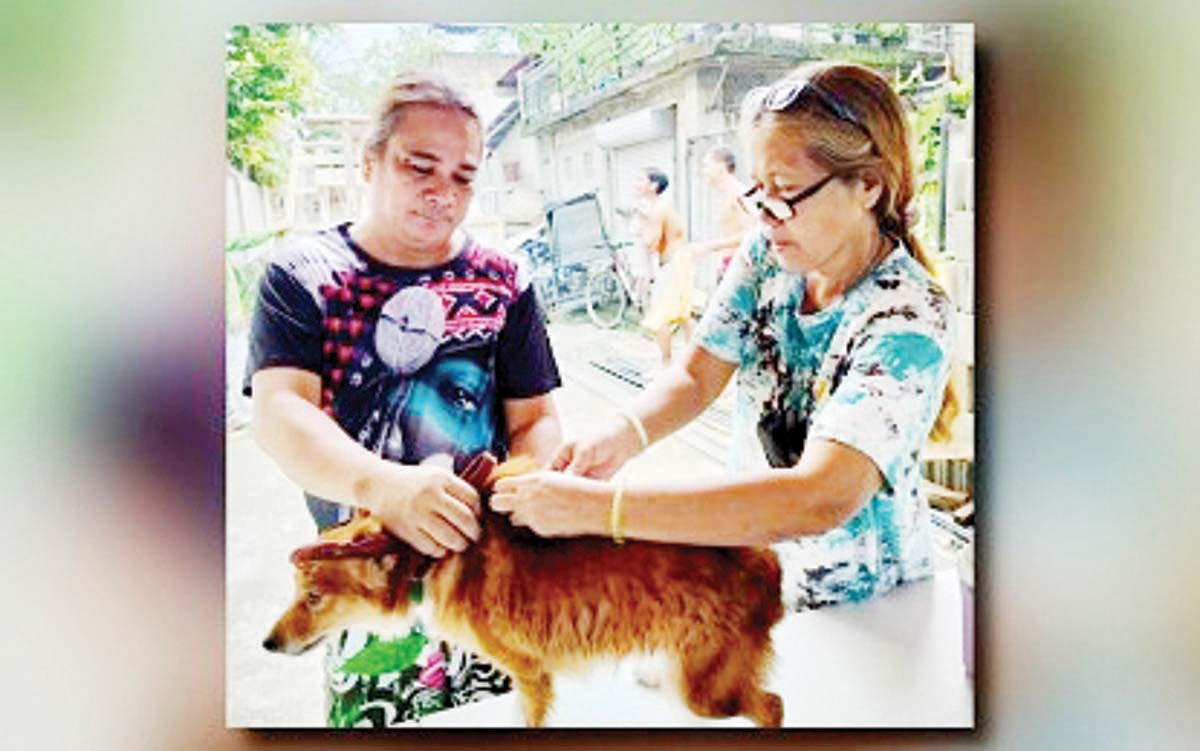
The Department of Health Western Visayas Center for Health Development (DOH WVCHD) continues to encourage responsible pet ownership as rabies cases, both canine and human, in the region remain high.
Dr. Marie Jocelyn Te, head of the DOH WVCHD Infectious Disease Unit, said controlling rabies from the source (animals) is more cost-effective than controlling it in humans.
“Pet owners must practice responsible ownership. [They must] ensure vaccination annually and do not let their pets [go] astray,” she said during a press conference yesterday.
Data from the Department of Agriculture Bureau of Animal Industry-Animal Disease Diagnosis and Reference Laboratory (DA BAI-ADDRL) showed that Western Visayas ranked fourth in the whole country for canine rabies cases with 51.43 percent positivity, or 140 cases as of September 2023.
Similarly, for years 2021 and 2022, the region consecutively ranked fifth in terms of human rabies with 27 cases.
In the first quarter of 2024, the region has already recorded nine human rabies deaths, and 53,919 animal bite cases.
Te expressed concern, especially since most cases are in Iloilo province.
Iloilo province tops the category of high-risk provinces (canine rabies) in the Philippines in 2021 with 128 cases, and ranked first in 2022 with 113 cases.
Considering the alarming numbers, Te urged the public to seek immediate vaccination against rabies following any animal bite, saying that “no bite is too small.”
Meanwhile, rabies program manager Ame Liz Marduquio expressed concerns over the decreasing availability of rabies vaccines.
“We will no longer give vaccines to local government units (LGUs) because there will be a [local] allotment. Vaccines were devolved since 2022,” said Marduquio, referring to the Devolution Transition Plan, indicating that LGUs have to purchase their own vaccines.
With budgetary constraints, many municipalities do not have sufficient vaccines in their respective Animal Bite Treatment Centers.
DOH WVCHD emphasized that responsible pet ownership is a cost-effective and preventive measure to minimize risks of rabies contraction. (PNA)

